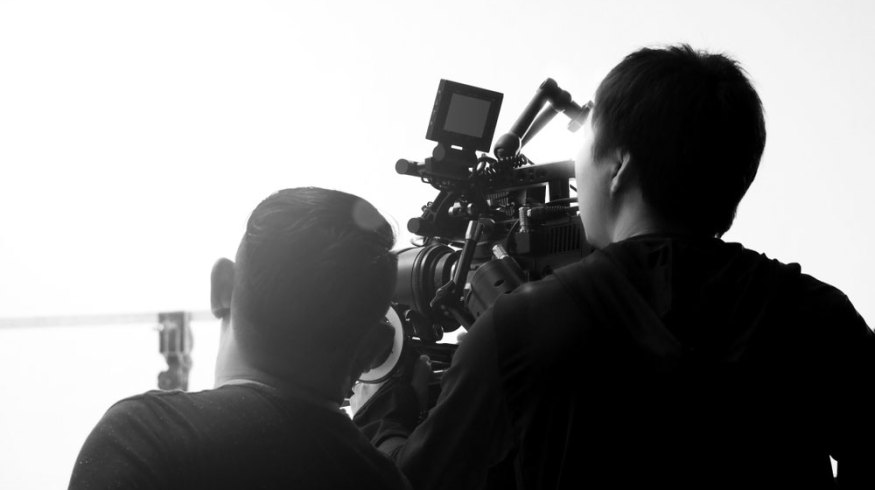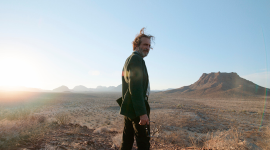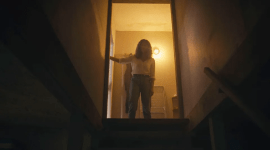
5 Things Agencies Look for When Hiring Freelance Videographers
Here are five insights into landing those lucrative freelance agency gigs — and the guide to holding onto them once you do.
In my time, I’ve been lucky enough to be on both sides of the freelancer table for agency video production gigs, and let me tell you that it’s just as fickle and arbitrary as you might fear.
From a freelance videographer’s perspective, agency gigs can be some of the best, most lucrative jobs on the market. If they’re for large enough companies and brands, you can expect some of the best pay rates, plus peace of mind that you’ll be covered for your time and expenses. You can also be sure that your client won’t simply disappear — you’ll be paid for your work. (Although, often, you have to wait months for your paycheck to process.)
From an agency’s perspective hiring a freelancer, working with outside videographers is usually a last resort, when in-house resources can’t fill the need. As a result, the gigs can often be rushed or last minute, and they require someone who can dive in immediately.
Together, a symbiotic partnership is definitely possible, but both parties should strive to be aware of (as well as realistic about) what a freelance videographer can and should bring to the table.
1. Camera(s) and Gear

Image via Elizaveta Galitckaia.
Sadly, this might be what the majority of agencies ask about and look for when choosing a freelancer for a shoot. While there are plenty of instances wherein videographers might get hired without their own cameras — meaning they simply rent the requested camera — more often than not, agencies are looking for videographers who bring their own cameras to the table.
Agencies don’t just look for the best camera available, either. They’ll often look for cameras that are most similar to the ones they already use in-house.
If you’re a freelancer with your own camera(s), be sure to list this in your résumé or in any communication with the agency’s representatives. Include any other relevant gear you might already own, as well as other specific cameras you might not own but are proficient with, just in case they have access to this equipment.
2. References and Word of Mouth
Before we get to your demo reel or samples, agencies will probably choose to work with people they’ve worked with in the past, people referred to them, or people they’ve at least heard about or met — before they find anyone out of the blue.
This is why I argue that networking and meeting people will always be more advantageous than just hunkering down and working on your demo reel or curating your Vimeo page. If you’ve done some solid work, stay in touch with those clients. Ask them for references or connections to other places where you might want to work.
3. Relevant Samples (or Demo Reel)

Image via FrameStockFootages.
That being said, it’s helpful to have at least some sort of sample material to share with prospective new clients or agencies. A demo reel is great. Some old-school agencies might ask for a demo reel, and only a demo reel, to review your skills.
However, the case usually comes down to relevant work samples. If you have a portfolio that demonstrates you’ve done similar shoots to the one you’re being considered for, that will be to your advantage.
If you do have diverse work experiences, consider breaking down your portfolio into separate categories. You can always have multiple demo reels, for say, music videos, product videos, event films, weddings, etc.
4. Reliability and Professionalism
This goes along with word of mouth. But in the agency world, you’re only as good as your reputation, and your reputation is only as good as your last shoot. If you’re serious about getting the top freelance agency video gigs, you must absolutely be reliable, show up early (not on time), and perform your work in a timely and professional manner.
Sadly, all it takes is one bad step to find yourself blacklisted from entire networks.
5. Positive Attitude and Responsiveness
However, try not to let the stakes get you down — agencies value positive, can-do attitudes above all else. From working on the inside, you’ll see agency representatives who might be a bit jaded, at times — don’t take your cues from them. They need you to be the lightening rod to get things done.
Responsiveness might actually be the most important aspect of all. When a job need comes up, that first call is the most important. If you can’t answer the phone or email immediately, the job opportunity could easily pass you by.
That doesn’t mean you need to sit around waiting by your phone 24/7. However, having a professional attitude, responding quickly and concisely, showing interest, explaining your expertise, and being up-front about your availabilities will keep you at the top of their lists.
Cover image by gnepphoto.
For more industry insights and advice, check out some of these resources:
- 7 Tutorials on Adding The “Cinematic” Look to Your Videos
- Four Reasons You Should Use (and Love) Your Camera’s Stock Lens
- 5 Ways to Add Value to Your Corporate Video Production Projects
- Industry Insights: Careers in Commercial, Indie, or Corporate Filmmaking
- 7 Things Clients Look For in a Video Production Company






